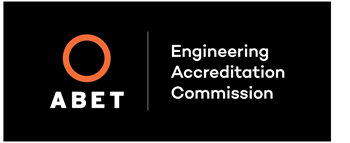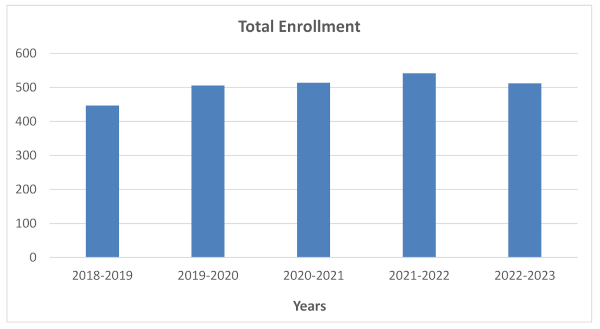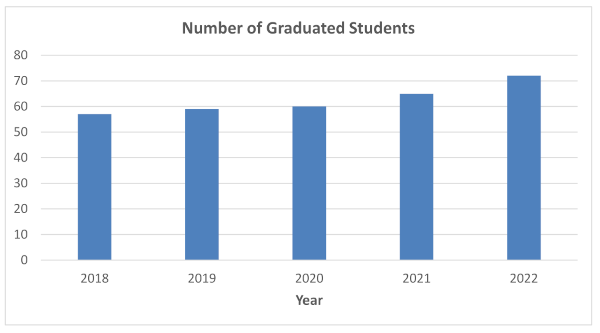
ITU Astronautical Engineering Undergraduate Program: Accredited by the Engineering Accreditation Commission (EAC) of ABET, https://www.abet.org, (Criteria: Astronuatical Engineering).
Related links:
Program ABET Coordinator
Asst. Prof. Demet ÇİLDEN GÜLER
Phone: +90 212 285 3101/135
E-mail: cilden@itu.edu.tr
Mission of ITU Astronautical Engineering Undergraduate Program
The mission of the Astronautical Engineering Department is as follows.
PEOs - Program Educational Objectives
The graduates of Astronautical Engineering Program will
- apply their engineering skills effectively both individually and as part of a team, and eventually assume leadership roles in their work environment,
- become recognized experts who develop solutions for the challenging engineering problems of the nation and world, or leading academics who create and disseminate new knowledge,
- persistently challenge themselves to increase their intellectual breadth, provide innovation, and up-to-date knowledge to increasingly complex and wide range of astronautical and related engineering applications.
SOs – Student Outcomes (1 to 7)
- An ability to identify, formulate, and solve complex engineering problems by applying principles of engineering, science, and mathematics.
- An ability to apply engineering design to produce solutions that meet specified needs with consideration of public health, safety, and welfare, as well as global, cultural, social, environmental, and economic factors.
- An ability to communicate effectively with a range of audiences.
- An ability to recognize ethical and professional responsibilities in engineering situations and make informed judgments, which must consider the impact of engineering solutions in global, economic, environmental, and societal contexts.
- An ability to function effectively on a team whose members together provide leadership, create a collaborative and inclusive environment, establish goals, plan tasks, and meet objectives.
- An ability to develop and conduct appropriate experimentation, analyze and interpret data, and use engineering judgment to draw conclusions.
-
An ability to acquire and apply new knowledge as needed, using appropriate learning strategies.
E&G - Enrollment and Graduation Data
UPDATED: Total Enrollment and Graduation Data (2018-2022)

